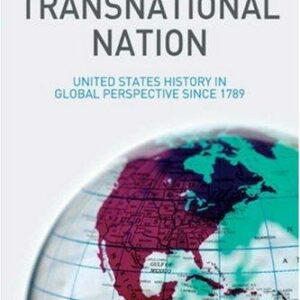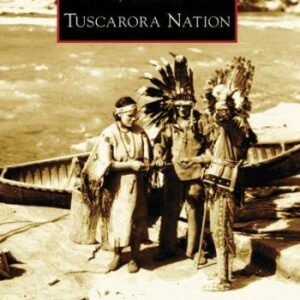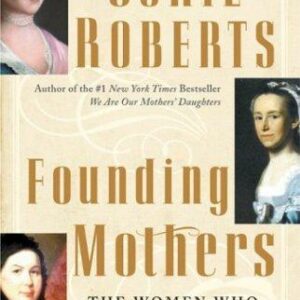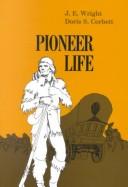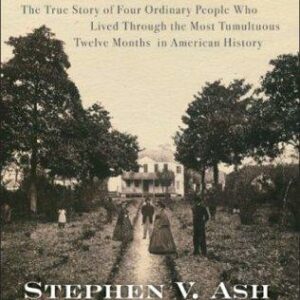MANHOOD CITIZENSHIP AND THE NATIONAL GUARD
$14.95
| Title | Range | Discount |
|---|---|---|
| Trade Discount | 5 + | 25% |
- Description
- Additional information
Description
In brief, the National Guard of the late nineteenth and early twentieth centuries is best interpreted as one of a host of associations and organizations that American men of those eras devised to help them negotiate their location and purpose in the strange new world of industrial capitalism. The National Guards brought men from a wide array of regions, ethnicities, races, and economic backgrounds together in a single organization. These men were united by a shared understanding of ideal manhood and civic responsibility that could be expressed through membership in a state militia.
Once committed to the power of the word and the image evoked by the term “soldier” to bring diverse men together in one common bond, the men who volunteered their time and money had to give soldiering their serious attention. By 1900 a commitment to soldiering that was founded on shared social needs took on a life of its own and refocused National Guard members on an individualized, technical, professional military training—on a new kind of manhood for a new age.


